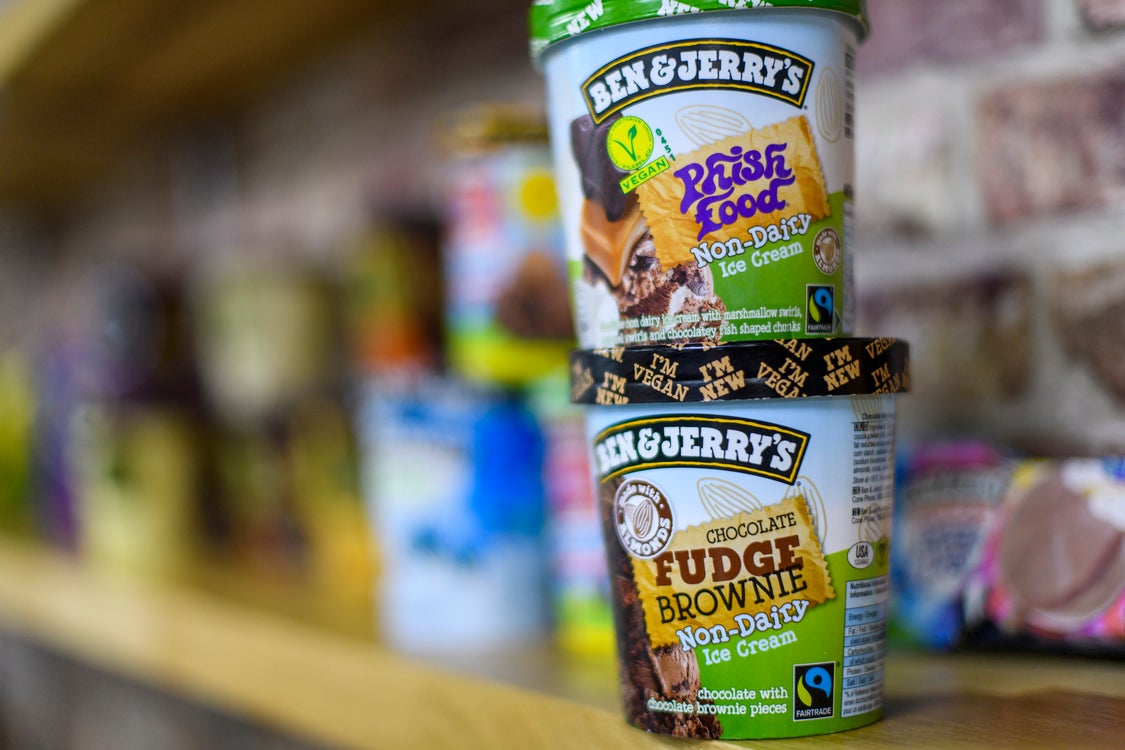
Outgoing Unilever CEO Alan Jope will continue to “prune” the FMCG major’s portfolio but is also open to “bolt-on” acquisitions.
Speaking at Unilever’s investor day last week, Jope said the firm will employ an “aggressive” SKU reduction strategy to execute a “sharpened” portfolio, although the company has no plans to dispose of wholesale businesses.

Discover B2B Marketing That Performs
Combine business intelligence and editorial excellence to reach engaged professionals across 36 leading media platforms.
A report last week suggested Unilever is seeking to sell some ice-cream brands in the US such as Klondike and Breyers. The company, however, declined to comment when contacted by Just Food.
Its India subsidiary, Hindustan Unilever (HUL), has just announced twin investments in the health-and-wellness category, residing in one of five divisions created earlier this year in a restructuring exercise. Ice cream was spun off into a separate arm, with the other four featuring nutrition, which houses the old food and refreshments unit; beauty and wellbeing; personal care; and homecare.
Jope, who is due to leave the business at the end of next year, said at the investor event Unilever’s strategy will center on organic growth across the five new divisions.
“Our main focus is going to be organic growth in these categories and we are looking to complement that organic growth with bolt-on M&A opportunities focused on prestige, beauty and health and wellbeing,” he told the investor gathering. “Transformative deals are off the table and we are not thinking of break ups or selling a business group.”

US Tariffs are shifting - will you react or anticipate?
Don’t let policy changes catch you off guard. Stay proactive with real-time data and expert analysis.
By GlobalDataThis year marked Unilever’s failed bid for GlaxoSmithKline’s consumer healthcare business, an approach that drew criticism from investors.
Jope added: “We will, however, continue with the ongoing pruning and weeding of the portfolio where necessary. In fact, I anticipate we will be a net disposer over the next couple of years.”
E-commerce, meanwhile, is an “absolute priority” for Unilever, Jope said. The digital area of the business grew 20% in the third quarter and now accounts for 14% of the company’s turnover, he added.
Turnover in the third quarter was EUR15.8bn (US$16.6bn), representing growth of 17.8% and underlying sales growth (USG) of 10.6%, supported by pricing of 12.5% to offset input-cost inflation.
Unilever reported a turnover for the first nine months of the year of EUR45.6bn, up 16.1% and 8.9% higher in USG terms.
Amid what finance chief Graeme Pitkethly described as “once-in-a-generation cost inflation”, Unilever will also hone in on the “premiumisation” theme and its “priority” markets in Indonesia, the Philippines, Vietnam, Pakistan, Brazil and Turkey.
Indonesia was another investment target for Unilever when its corporate investment arm, Unilever Ventures, invested in vitamins supplier Youvit earlier this year.
Last year, the Ben & Jerry’s ice-cream maker also acquired US supplements business Onnit for an undisclosed sum.
In 2020, Unilever bought US-based SmartyPants Vitamins and in 2019 snapped up Olly Nutrition, a US business supplying products from vitamins to protein powders and snack bars.
Unilever’s disposals in recent years include the Ekaterra tea business, which housed the Lipton and PG Tips brands, and spreads featuring the likes of Flora margarine.





